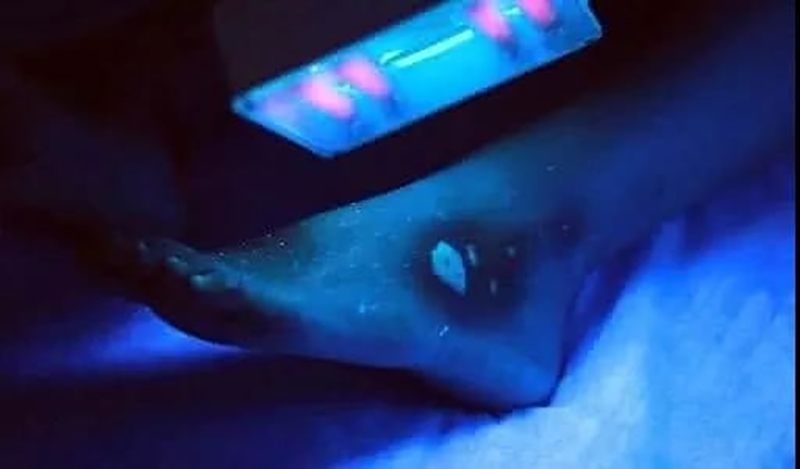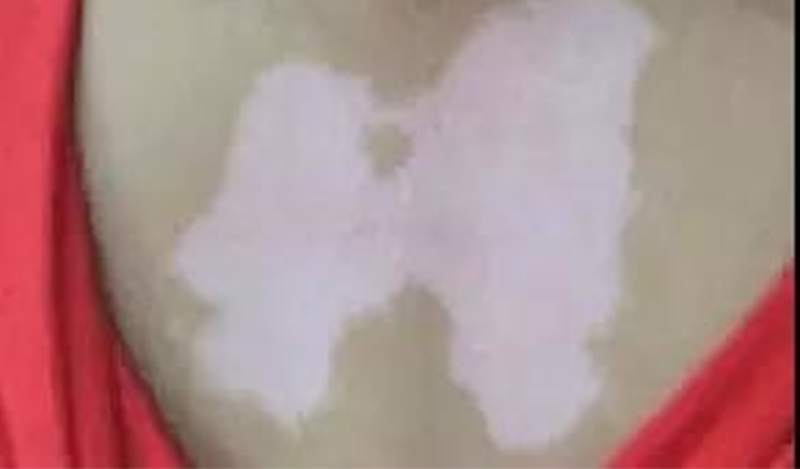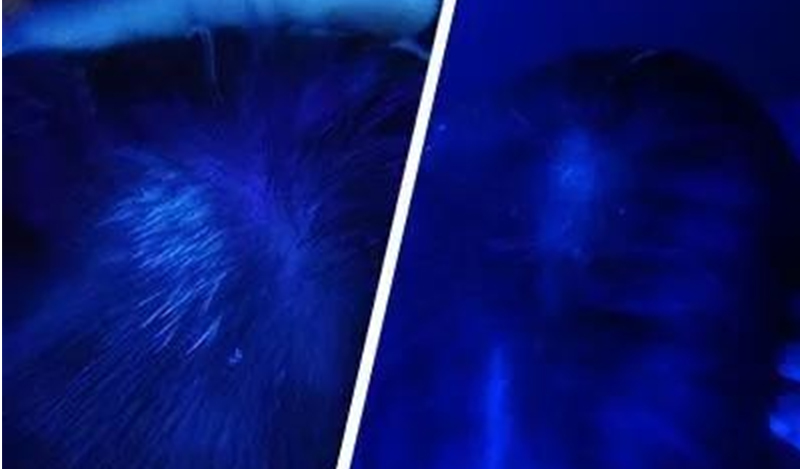Vitiligo is a major problem in the world of skin diseases.
It is not the disease itself that is painful, but its external influence has a great psychological burden on patients.
Therefore, patients are worried about the spread of white spots, in addition to the treatment progress of vitiligo. This anxiety can evolve into a suspicion of treatment options that have a negative impact on treatment.
So how to check for signs of white spots spread at the first time?
White spot color change
Clinically, Woods lamp is often used to observe the color of white spots to determine the changes in vitiligo conditions.Currently, Kernel household woods lamp can be used for observation at home

The early white spots in vitiligo are mostly pale white, and slowly change to cloud white, pure white, and porcelain white as the disease progresses.In general, after the color change of the white spot,it indicates will spread.
Change of White spot halo
If carefully observe the white spot,will find a halo at the junction of the white spot and the normal skin.
This shows that the melanin has not completely lost in this halo, but if the halo begins to discolor and slowly blends into the white spot, it indicates that the white spot begins to spread.
It's like a wave of water, and after a wave of waves, the ripples will get bigger and bigger.

The hair inside the white spot begins to whiten
Hair in white spots may become white or not.
Clinically, most patients hair will not turn white, meaning that there are melanocytes remaining in their white spots. Under the guidance of a doctor, after a period of treatment (usually 3-6 months, the hands and feet may take longer), you can basically see good treatment effect.
The appearance of whitish hair in the white spot, indicates that the melanocytes in the root sheath have been completely lost. Not only the treatment become more difficult, but the white spot is likely to spread.

White hair under the wood lamp
White spot has a feeling of itching
In general, vitiligo has almost no feeling.However, through clinical observations, some patients began to spread after a period of itching sensation in the skin lesions of vitiligo. However, this is not common.